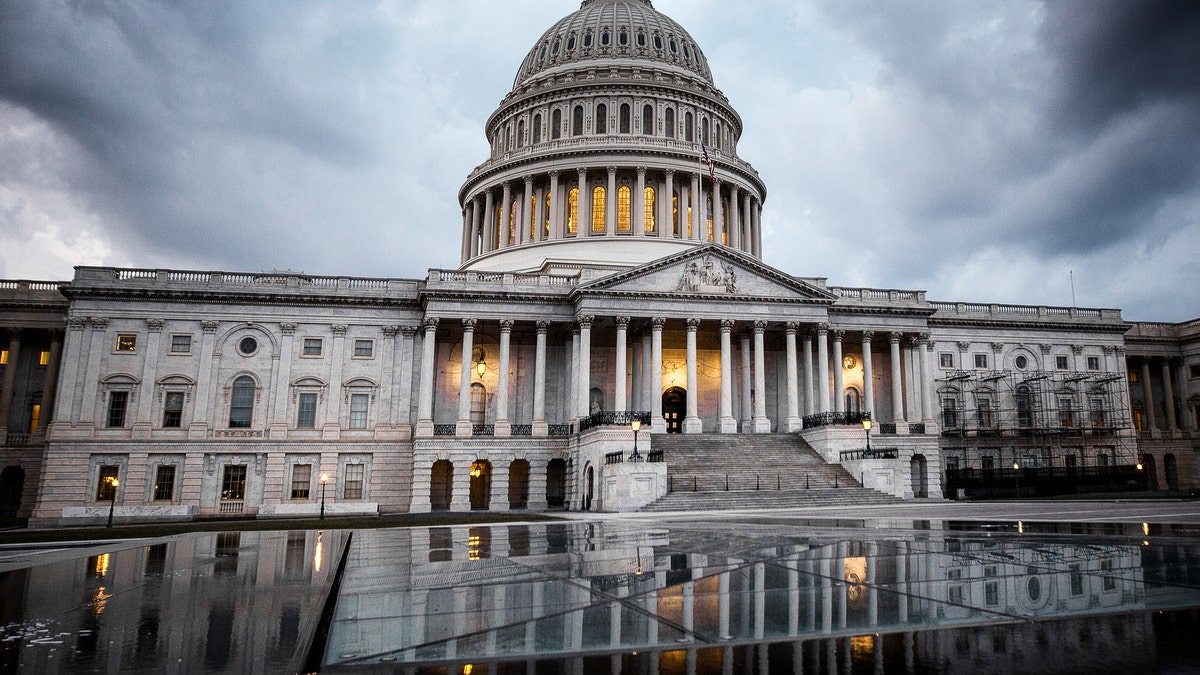
The United States Capitol Building (iStock)
All across America, communities are grappling with an opioid crisis that has wreaked unprecedented havoc. Chances are high that most of us know someone who has struggled with addiction or may have even battled addiction ourselves. No matter your background, where you live, or how old you are, no person or community is immune to this epidemic.
Sadly, opioid overdoses claim the lives of more than 100 Americans each and every day.
The opioid crisis has hit our country in waves, evolving over time. From pills, to heroin, to synthetic drugs like fentanyl, this ever-changing threat necessitates an ongoing and flexible federal response.
The House Energy and Commerce Committee, the panel tasked with writing most of the nation’s health-care laws, continues our years-long fight to turn the tide of the epidemic with dozens of bills that will be considered by the House of Representatives in the coming days.
Among our latest efforts are:
? Incentivizing non-opioid pain treatment and making it easier to locate and track federal grants.
? Streamlining the Food and Drug Administration’s tools to intercept illicit drugs.
? Ensuring hospitals develop follow-up protocols for when patients are discharged following an opioid overdose.
? Working with states to improve the education, surveillance and treatment of injection drug-use associated infections.
This month, the House is poised to pass meaningful reforms that collectively can make a real difference in our communities. These bills will bolster enforcement efforts to protect our communities, advance prevention and public health efforts, and address coverage and payment issues within Medicare and Medicaid.
At the same time, we know there is no silver bullet. While these bills have great potential to help our communities and reduce stigma, they were not our first efforts to address the opioid crisis, and they won’t be our last.
Earlier this year, a government funding package provided $4 billion to help address prevention, treatment and enforcement issues. These critical resources are the largest investment to date by Congress.
In 2016, this committee has led the charge in enacting two major bills – the Comprehensive Addiction and Recovery Act (CARA) and the 21st Century Cures Act. Collectively, these laws provide state grants and make several reforms aimed at combating addiction and diversion. The Department of Health and Human Services released the second wave of these grants in April, delivering resources to state and local governments.
At the same time, the federal government has begun implementing several of the major reforms in CARA, putting much-needed tools and programs in the hands of our friends and neighbors. These include: educating health care professionals about overdose reversal medications and making them more accessible without person-specific prescriptions; reauthorizing important treatment programs; aiding pregnant women and new mothers battling substance abuse; and reviewing how pain medication is prescribed so we can update our best practices.
Despite all the hard work and billions of dollars in new resources, we know that even after the ink dries on President Trump’s signature, this latest round of legislation will not completely solve the crisis. And so, while we hope for swift Senate action, we will once again look for additional ways to fight opioid addiction, stop the flow of illicit drugs and save lives.
As long as this menace continues to threaten our family, friends, and neighbors, the Energy and Commerce Committee will continue to be at the tip of the spear in this all-hands-on-deck fight. We owe it to those who have fallen victim to this faceless monster – those who have lost their battle with addiction, those currently battling addiction, and all the families that have suffered alongside their loved ones. You are not alone in this fight. Together, we will stem this tide.
Republican Michael C. Burgess, M.D., represents Texas in the U.S. House.
